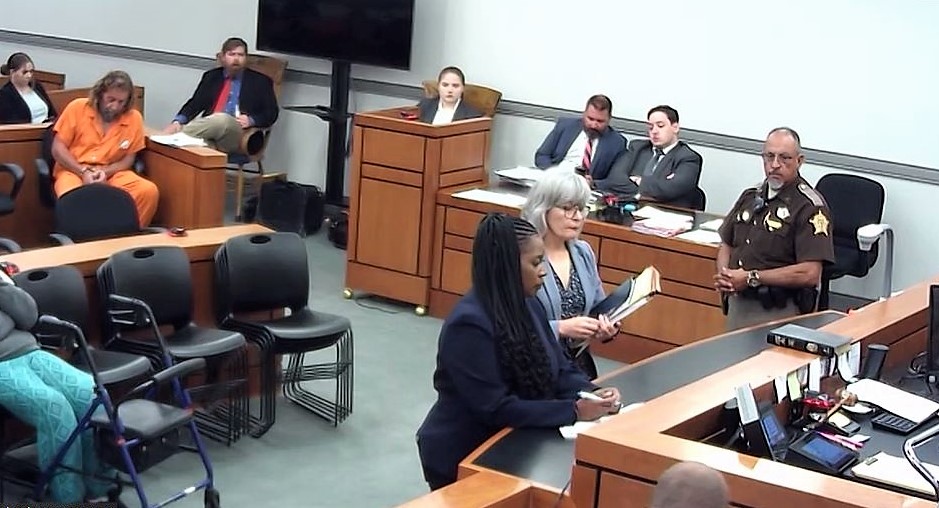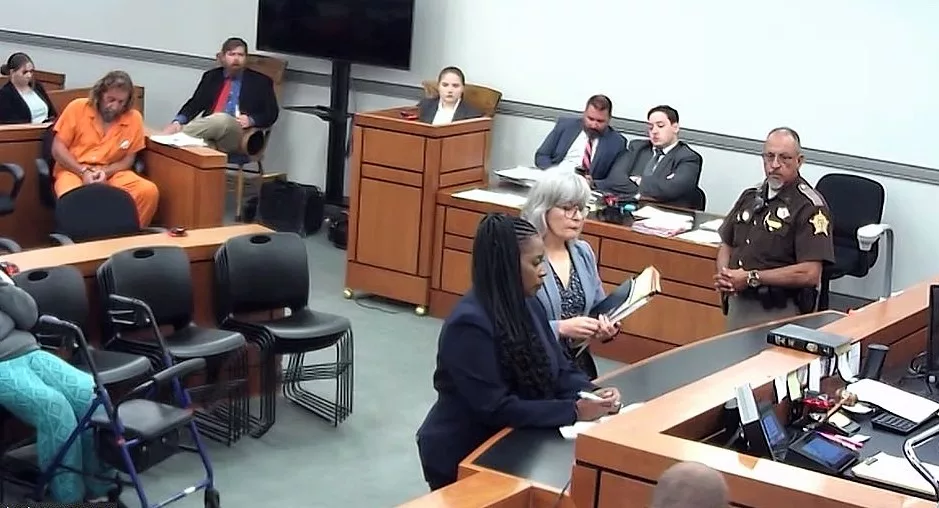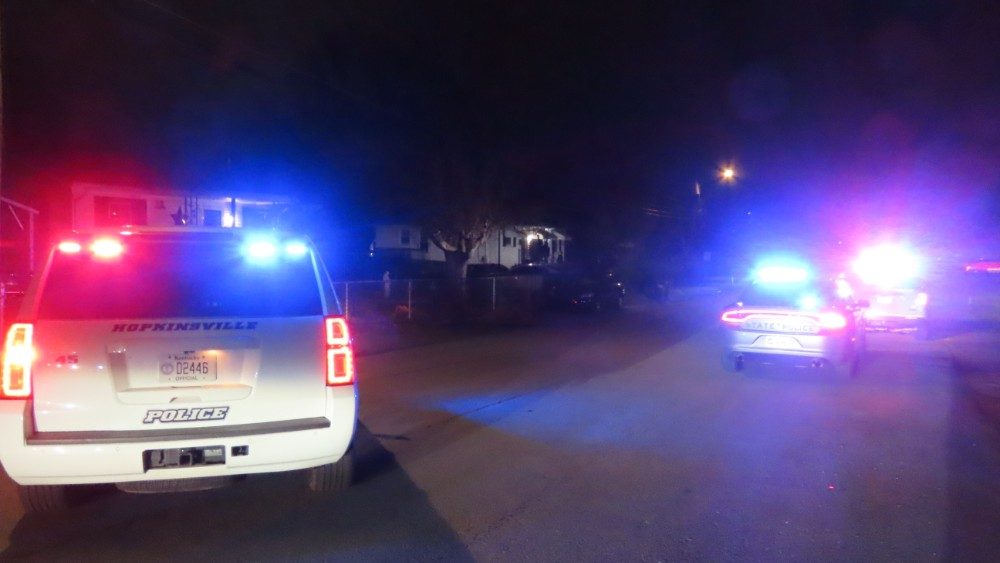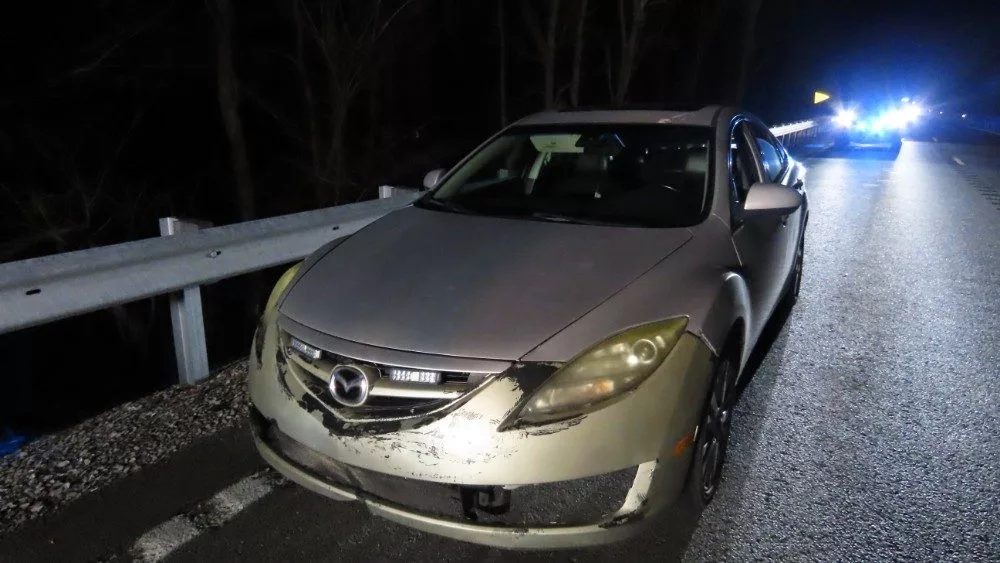
A previously-rendered judgment for Hopkinsville’s Tremel J. Smith will once again have its day in Christian County Circuit Court.
Wednesday morning in the presence of Circuit Judge John Atkins, Louisville’s Maureen Sullivan told the court that Smith, convicted in 2016 for the 2011 murder of friend Susan James, currently resides in West Liberty’s Eastern Kentucky Correctional Complex serving life without parole.
Sullivan is an attorney for the Western District of Kentucky and Sixth Circuit U.S. Court of Appeals, and appeared on a motion in accordance with the Kentucky Supreme Court’s 2017 decision seeking direct appeal and revocation of Smith’s incorrect sentencing.
Sullivan asked Atkins to set a sure date, and ordered a new pre-sentence investigation be completed. She noted while the document isn’t going to “functionally change anything,” Smith hasn’t filed a similar document in nearly a decade.
Atkins made it clear that his court needs to know if a new plea of any kind is going to be entered before litigation continues.
Sullivan also stated that the defense was not prepared to waive physical presence for new sentencing. Atkins said she would have to file a motion to have Smith transported for the next court date, which was set for 8:30 AM, October 25.
To be clear, the Kentucky Supreme Court affirmed the jury’s 2016 decision of a guilty verdict on murder, kidnapping, first-degree robbery, receiving stolen property and tampering with physical evidence.
Instead, the body ruled against its sentencing and penalty phases based on two factors — factors which are made clear in its 13-page, December 14, 2017 ruling.
During the original trial, the Commonwealth confined its argument to the television of Susan James, and cited testimony from Candice Culler as support.
Culler lived in a house where crack cocaine was sold, and she noted that Smith had been at her residence the night of the murder. The next morning, a television appeared that had not been there prior. As such, she believed Smith had traded the television for drugs, despite not witnessing the exchange. Other witnesses never materialized.
An unnamed investigating authority also testified on appearances that a television had been removed from James’ home, because a gap in the dust was present on furniture. However, there was no evidence linking the television from either Culler’s home to Smith or James.
Because of this, the KSC ordered that this insufficiently satisfied the Commonwealth’s burden, and that it was not evidence the jury could have reasonably determined link Smith using James’ television to purchase drugs.
It also meant that while guessing and speculation could lead to such a verdict, there was no evidence of a “murder-for-profit” aggravator.
The Supreme Court’s document also noted this case began with the seeking of a death penalty, but its exclusion was granted after it was revealed Smith had an IQ score of 67.
James’ body was discovered on March 1, 2011, partially clothed, with a plastic bag over her head. The cause of death was determined to be a combination of blunt force trauma and asphyxiation. Demondo Pettigrew, Smith’s roommate, told police he saw the assailant load what was later determined to be the victim’s lifeless body into an SUV.
During a search of Smith’s home, Smith arrived on the scene. Keys to the SUV, which belonged to James, were discovered in his coat pocket. A strip-search of Smith revealed he was wearing panties — and DNA testing confirmed they belonged to James.
Smith was subsequently arrested, indicted, tried and convicted.
2017 SUPREME COURT RULING: Tremel-Smith-SCRuling






